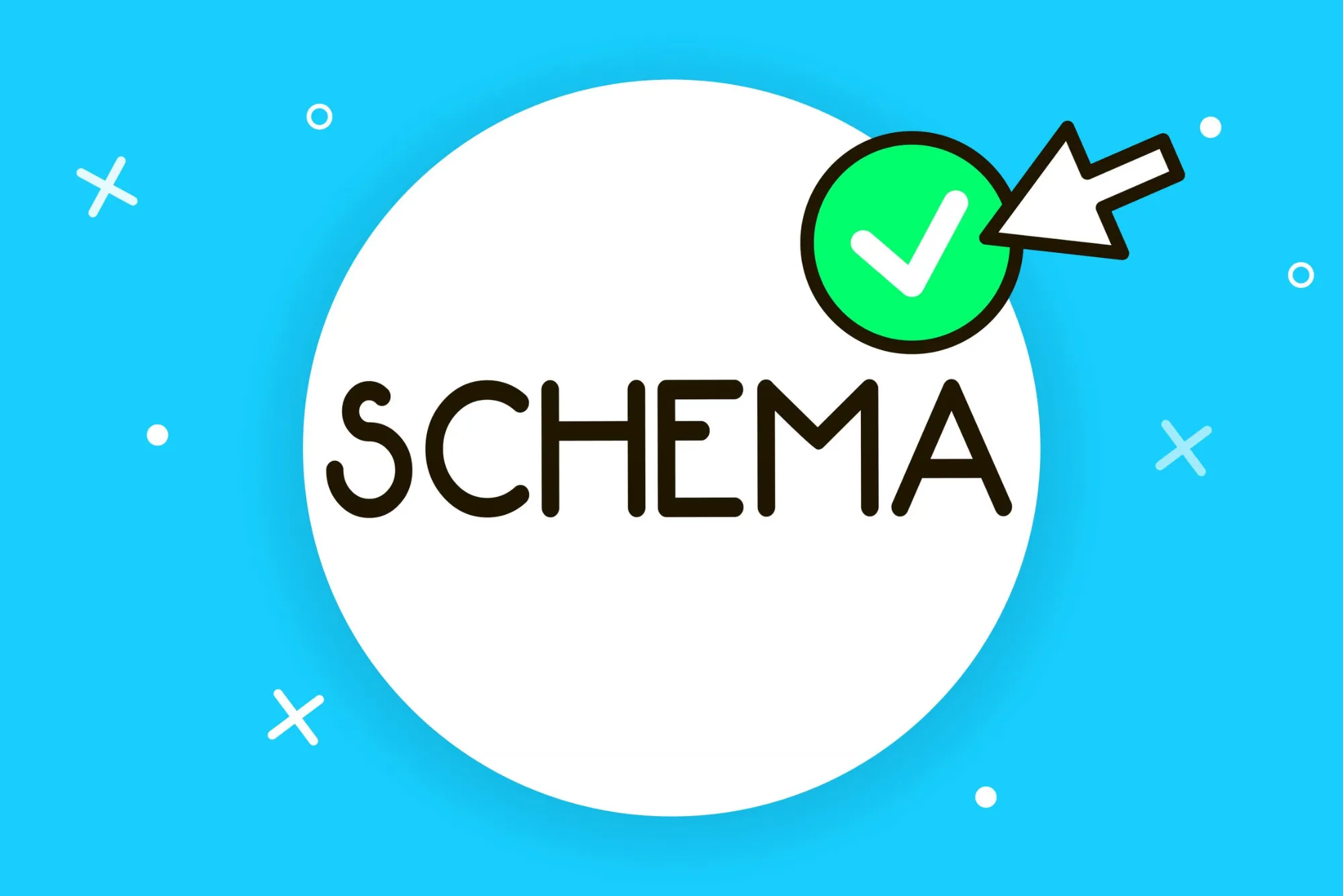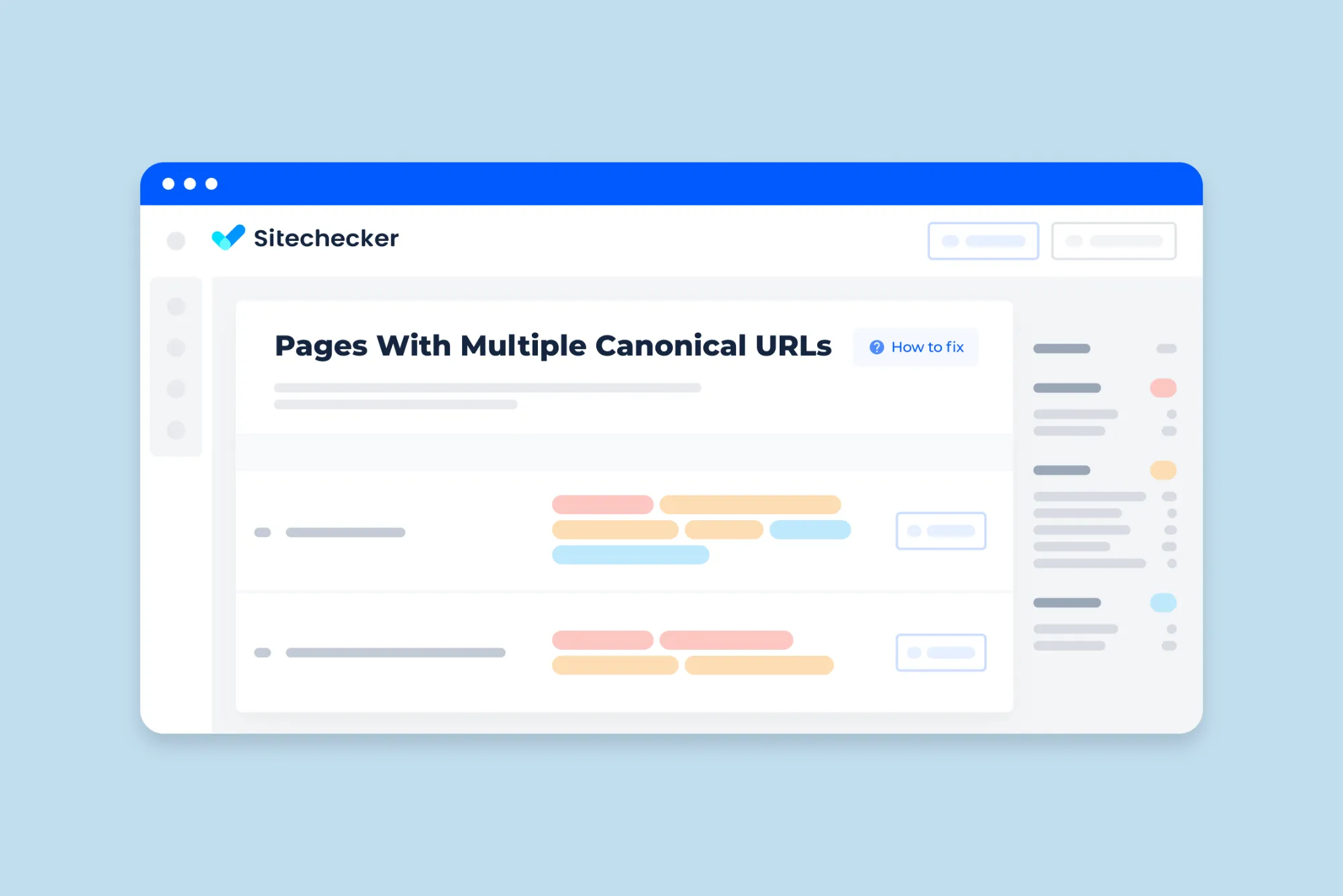In the dynamic realm of search engine optimization (SEO), schema markup emerges as a powerful tool for enhancing the visibility and relevance of web pages in search engine results. Let’s delve into what schema entails, its significance in SEO, and how you can leverage it to elevate your website’s performance.
Understanding Schema Markup
Definition and Purpose
Schema markup, also known as schema.org markup or structured data markup, is a standardized vocabulary of tags or microdata that webmasters can add to their HTML code to provide explicit clues about the meaning and context of the content on their web pages. It helps search engines understand the content better and present it in more informative and visually appealing ways in search results.
Types of Schema Markup
Schema markup, also known as structured data, is a form of microdata that helps search engines like Google, Bing, and Yahoo better understand the content of a webpage. By implementing schema, webmasters can provide more context to their content, which can lead to enhanced search result appearances, such as rich snippets. Schema markup is categorized into different types, each suited to specific content or data on a webpage. The most common types of schema markup include “Article,” “Product,” “Local Business,” “FAQ,” “Recipe,” and many more.
For example, the “Article” schema is typically used for news articles, blog posts, and general informative pieces, allowing search engines to understand the author, publication date, headline, and body of the article. This type is especially important for media outlets and content-heavy websites. The “Product” schema, on the other hand, is essential for e-commerce websites, as it helps search engines recognize product names, prices, availability, and reviews, which can enhance visibility in search results by showing rich product details directly on the search engine results page (SERP).
Another important type is “Local Business” schema, which is commonly used by brick-and-mortar stores and service providers. It provides detailed information like business name, address, phone number, and opening hours. This data can significantly improve local SEO efforts, ensuring that businesses appear in local searches and map listings. Meanwhile, “FAQ” schema is useful for question-and-answer formats, allowing users to see relevant questions directly on the SERP, enhancing user engagement without needing to click through to the website.
Schema markup types are not limited to these examples, though. For instance, the “Recipe” schema is widely used by food bloggers or websites that provide cooking instructions, helping to showcase ingredients, cooking time, calories, and steps. By embedding this structured data, recipe results can appear with rich snippets that improve click-through rates and user interaction.
Each type of schema markup offers unique benefits, allowing websites to stand out in search results, increase their visibility, and improve their overall SEO performance. Understanding and implementing the right type of schema for your website’s content can be a powerful tool in boosting search engine rankings and enhancing user experience.
Schema.org, a collaborative effort by Google, Microsoft, Yahoo, and Yandex, offers a vast vocabulary of schema types covering various types of entities, including:
- Product
- Article
- LocalBusiness
- Event
- Organization
- Review
- Recipe
- FAQ

Importance of Schema Markup in SEO
Enhanced Search Visibility
By incorporating schema markup into your website’s HTML code, you provide search engines with valuable metadata that can be used to enhance the display of your content in search results. Rich snippets, such as star ratings, product prices, and event details, can make your listings stand out and attract more clicks from users.
Improved Click-Through Rates (CTRs)
Rich snippets and enhanced search results not only make your listings more visually appealing but also provide users with more relevant information upfront. This increased visibility and relevance can lead to higher click-through rates (CTRs), driving more organic traffic to your website.
Better Understanding of Content
Schema markup enables search engines to better understand the context and meaning of your content, which can lead to more accurate indexing and ranking in search results. What is Schema in SEO By providing explicit metadata about your products, articles, events, and other entities, you help search engines deliver more relevant and targeted results to users.
Implementing Schema Markup
Identify Relevant Schema Types
Determine which schema types are most relevant to the content and entities on your website. This could include product pages, articles, events, local businesses, and more.
Add Schema Markup to HTML
Insert schema markup into the HTML code of your web pages using the appropriate schema.org vocabulary. This can be done manually or with the help of plugins or markup generators.
Test and Validate Markup
Use Google’s Structured Data Testing Tool or other schema markup validators to ensure that your markup is implemented correctly and free of errors.
Monitor Performance
Monitor the performance of your rich snippets and enhanced search results using Google Search Console or other analytics tools. Evaluate click-through rates and user engagement to assess the impact of schema markup on your SEO efforts.
Schema markup offers a compelling opportunity for website owners to enhance their SEO efforts and improve the visibility and relevance of their content in search results. By implementing structured data markup according to best practices and leveraging the rich features and enhancements it provides, you can attract more organic traffic, increase click-through rates, and ultimately drive better results for your website.

SEO Digital Marketing
Looking to unlock the full potential of digital marketing through SEO? Dive into the world of SEO digital marketing and discover how to harness the power of search engines to amplify your online presence, drive targeted traffic, and maximize conversions. From keyword research and on-page optimization to content marketing and link building, SEO digital marketing encompasses a diverse array of strategies and tactics aimed at increasing visibility, engagement, and ROI. Whether you’re a seasoned marketer or just starting your journey in the digital landscape, mastering SEO digital marketing is essential for staying competitive and achieving sustainable growth in today’s dynamic online marketplace. Enroll in a comprehensive SEO digital marketing course today and embark on a transformative journey towards digital success!
Typing Centre
A typing centre is a facility where individuals can avail themselves of typing services for various purposes, such as document preparation, form filling, and data entry. These centres often offer additional services like photocopying, printing, and scanning to cater to the diverse needs of their clients. Whether it’s typing up official documents, academic papers, or personal correspondence, typing centres provide a convenient solution for individuals seeking professional typing assistance.





